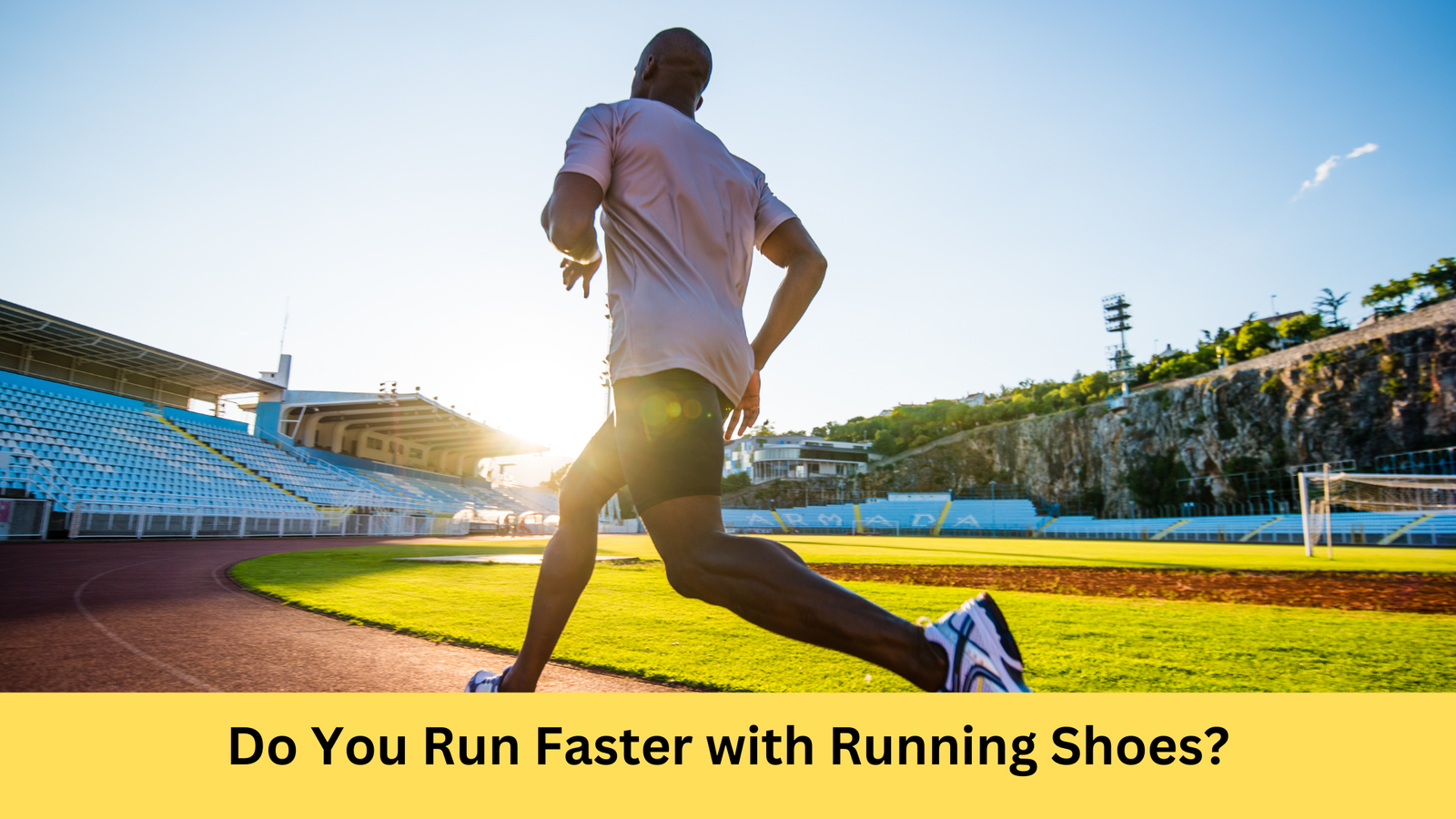Running shoes have long been a staple in the athletic world, touted as essential for improving performance and reducing injury risk. But do they actually make you run faster? This question has sparked debate among athletes, trainers, and researchers alike. In this comprehensive article, we will explore the science, the benefits, and the potential drawbacks of running shoes to determine whether they truly enhance speed.
The Evolution of Running Shoes
Running shoes have evolved significantly over the years. From the early days of minimalist designs to the modern era of high-tech materials and advanced engineering, the primary goal has always been to enhance performance. The introduction of specialized cushioning, support features, and lightweight materials has transformed running shoes into sophisticated pieces of equipment. But do these advancements translate into faster running times?
The Role of Cushioning and Support
One of the most significant features of modern running shoes is the cushioning. The idea behind cushioning is to absorb the impact forces that occur during running, reducing the strain on the joints and muscles. This, in theory, should allow runners to maintain higher speeds for longer periods without fatigue or injury. But how does this affect running speed?

Impact on Energy Efficiency
Cushioned running shoes are designed to improve energy efficiency by reducing the amount of energy lost upon impact with the ground. When a runner’s foot strikes the ground, a portion of the energy is absorbed by the shoe’s cushioning. Ideally, this energy is then returned to the runner, propelling them forward. This energy return can enhance speed, particularly over longer distances where fatigue becomes a factor.
Support and Stability
Support features in running shoes, such as arch support and heel counters, are designed to provide stability and correct biomechanical imbalances. This can prevent overpronation or supination, which can lead to inefficient running form and slower speeds. By promoting a more efficient stride, running shoes can help runners maintain a faster pace.
Lightweight Materials and Speed
In recent years, the trend has been towards lighter running shoes. The rationale is simple: less weight on your feet should translate to faster running times. Lightweight materials, such as mesh uppers and advanced foams, reduce the overall weight of the shoe without compromising on cushioning or support.
The Impact of Weight on Running Speed
Studies have shown that for every 100 grams added to a shoe, running speed can decrease by up to 1%. This may seem negligible over short distances, but over the course of a marathon, it can add up to several minutes. Therefore, opting for lighter shoes can indeed contribute to faster running times, especially in competitive settings.
The Controversy of Barefoot Running
The barefoot running movement challenges the notion that running shoes are necessary for speed. Proponents argue that modern running shoes can actually hinder performance by altering natural running mechanics. Barefoot running enthusiasts claim that running without shoes allows for a more natural stride, leading to better efficiency and, ultimately, faster times.
Biomechanics and Natural Running
When running barefoot, the body tends to adopt a forefoot or midfoot strike, which is considered more efficient than the heel strike commonly observed in shod runners. This natural running style can reduce ground contact time and improve overall running economy. However, transitioning to barefoot running requires adaptation and may not be suitable for everyone.
Injury Risk vs. Performance
While barefoot running may offer potential speed benefits, it also comes with an increased risk of injury, particularly for those unaccustomed to it. Running shoes provide protection and support, which can reduce the likelihood of injuries such as stress fractures, plantar fasciitis, and Achilles tendonitis. For many runners, the safety provided by running shoes outweighs the potential speed gains of barefoot running.
Customizing Your Running Experience
The best running shoe for speed is highly individual and depends on various factors, including your running style, foot shape, and the type of terrain you run on. Some runners may benefit from highly cushioned shoes that offer maximum protection, while others may prefer lightweight, minimalist shoes that allow for greater speed.
Gait Analysis and Shoe Selection
Many specialty running stores offer gait analysis services to help you find the shoe that best suits your running style. Gait analysis can identify biomechanical issues, such as overpronation or underpronation, which can then be addressed with the appropriate shoe. Choosing the right shoe can enhance your running efficiency and contribute to faster times.
The Importance of Fit
Regardless of the type of running shoe you choose, proper fit is crucial. A well-fitting shoe should provide enough room for your toes to move freely, secure your heel, and offer adequate support without causing discomfort. An ill-fitting shoe can lead to blisters, calluses, and other issues that can slow you down.
The Verdict: Do Running Shoes Make You Faster?
So, do running shoes make you faster? The answer is nuanced. Running shoes can enhance speed by improving energy efficiency, providing support, and reducing fatigue. Lightweight shoes, in particular, can shave precious seconds off your time. However, the benefits of running shoes are most pronounced when they are matched to your individual needs and running style.
While some may argue that barefoot running offers a more natural and potentially faster alternative, the increased injury risk makes running shoes the safer choice for most athletes. Ultimately, the right running shoe can be a valuable tool in your quest for speed, but it’s essential to choose wisely based on your unique requirements.
Read More: Can I Wear Running Shoes for a Workout?
